Developing nations should follow Australia’s lead on China: experts
International experts say Australia’s cynicism and alertness to Chinese influence should be a model for other countries.
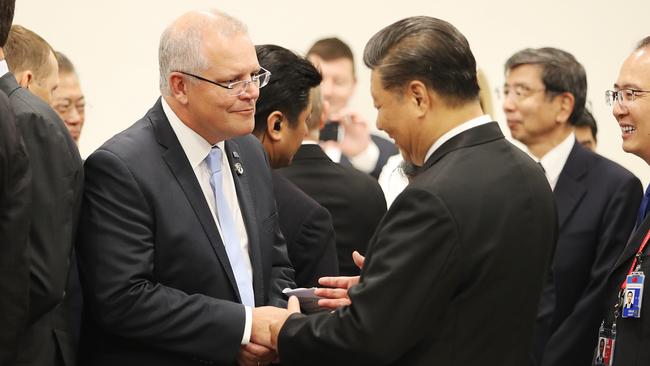
Australia’s cynicism and alertness to Chinese influence in the political system was a model other nations should adopt, say international China observers.
An influential think tank briefing, held jointly by the liberal democracy-promoting Henry Jackson Society and the US Embassy in London on Wednesday, emphasised how Chinese influence was flourishing and infiltrating political, education and institutional life in western countries and developing nations.
David Shullman, the former US deputy national intelligence officer for East Asia and senior adviser at the International Republican Institute, said Australia had “a better understanding of what’s happening in the political system and influence in the Chinese diaspora and coercion within the Chinese diaspora in Australia”.
He noted how Australia understood how Chinese money was infiltrating the political system and as a result there was more scrutiny of the actions of the Chinese Community Party.
“That is a model for what a lot of developing countries need to do and a lot of developed countries still have not done,” Mr Shullman said.
“The point about expertise is at root of that: being able to investigate and expose, where there is a real depth of understanding about how the (Chinese Communist) party operates is really central to an understanding to a broader squad of people so you do have that cynicism and understanding.”
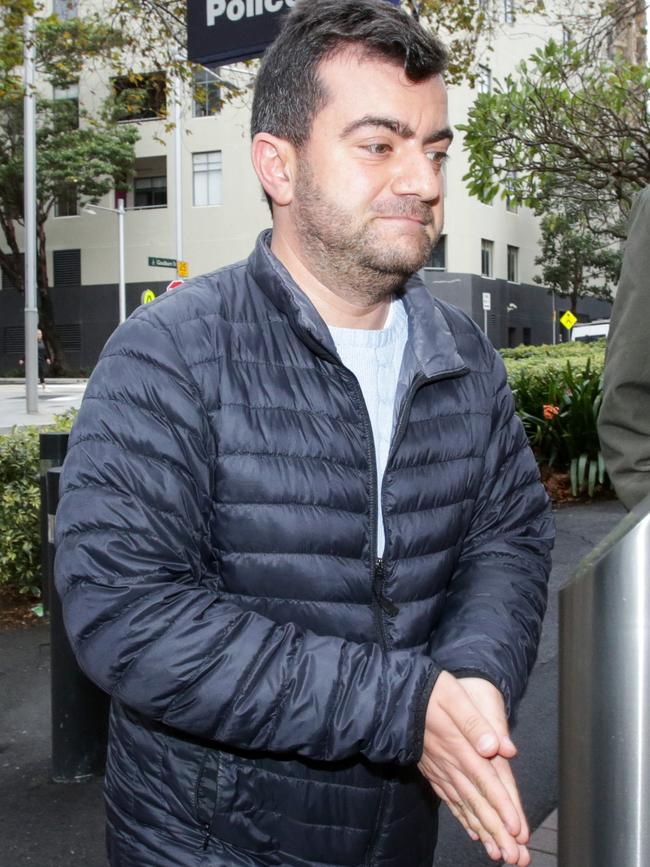
Last month the home of NSW Labour MP Shaoquett Moselmane was raided amid a China probe, and there has been scrutiny of the Liberal MP Gladys Liu’s links to Beijing groups. In 2017, Sam Dastyari’s Senate career was abruptly terminated amid his association with China’s billionaire political donor Huang Xiangmo.
Most recently Prime Minister Scott Morrison warned government agencies and businesses were facing an increase in cyber attacks from a “state actor”, broadly interpreted to be China.
Matthew Henderson, a former British diplomat in China and director of the Asia Studies Centre at the Henry Jackson Society, said Australia had been able to maximise the use of Chinese language materials both defensively and aggressively, “superlatively well”.
“There is a huge amount of Chinese Communist Party complacency about how foreigners don’t do Chinese language and many there is the Chinese document sent home from Chinese universities and other research facilities and used as a basic encryption service,” Mr Henderson said.
“An awful lot can be seen when documents are translated into an English language version by the People’s Republic of China and exit in the Chinese language version where very interesting changes and omissions are often made, which enable us to triangulate what is going on.”
The think tank heard that China targeted grassroots officials and smaller universities near regional centres and “cast the net widely” with various grants, conferences, friendship groups, as well as pinpointing highly-connected former politicians.
“One of the first things to look at is how pressure is exercised. If a university or college has been under-resourced for some decades … $3 million here, $6 million here. Where did they get the cash from? Suddenly then, there are conferences and speakers, who are they?”
Mr Henderson said that led to self censorship out of fear of upsetting China.
“The self censorship is even before disagreement: colleagues are pre-configured to respond favourably to the opposite of constructive freedom,” he said.
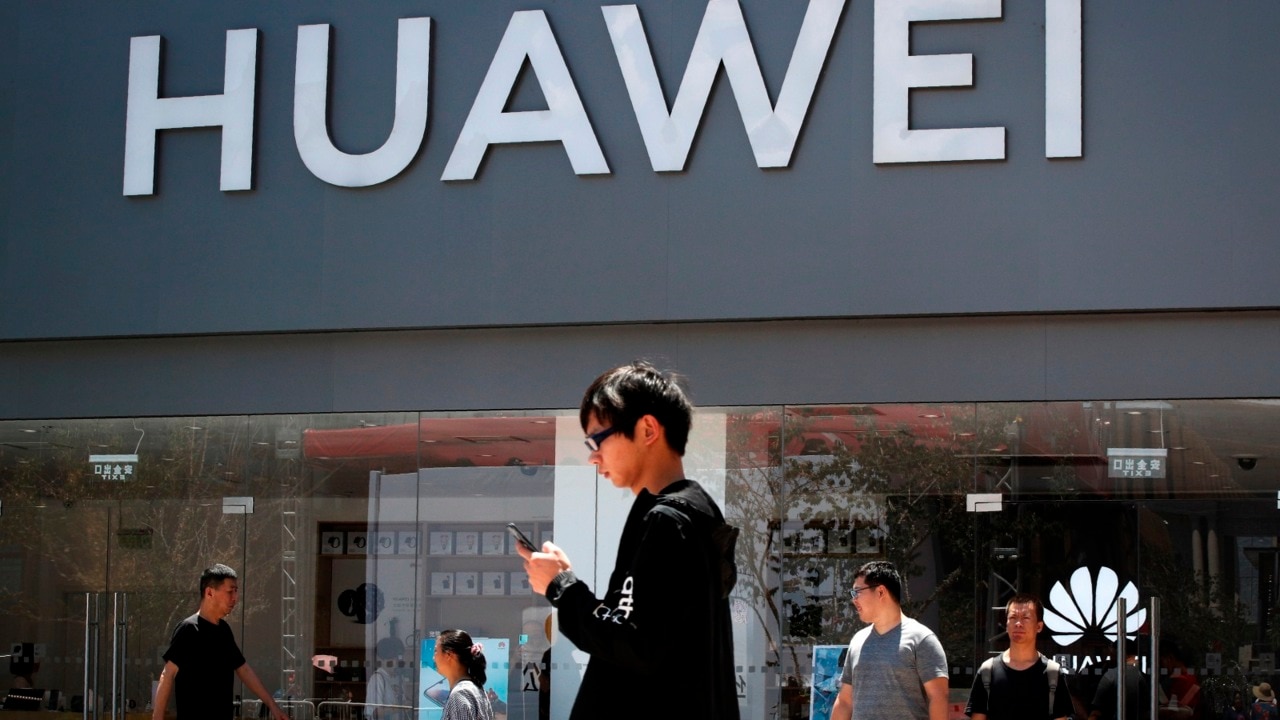
Earlier this week, University of Queensland student Drew Pavlou — who supported Hong Kong and criticised the Chinese Communist Party, drawing attention to Chinese influence on Australian university campuses — had his suspension from the university reduced in severity.
The Chinese government co-funds four Queensland University courses as well as hosting a Confucius Institute.
UQ chancellor Peter Varghese insisted findings of serious misconduct did not concern Mr Pavlou’s “personal or political views about China or Hong Kong”.
“The university has consistently said that no student should be penalised for the lawful expression of personal views,” Mr Varghese said. But Mr Pavlou said the university’s disciplinary hearing was a kangaroo court and it had bowed to Chinese pressure.


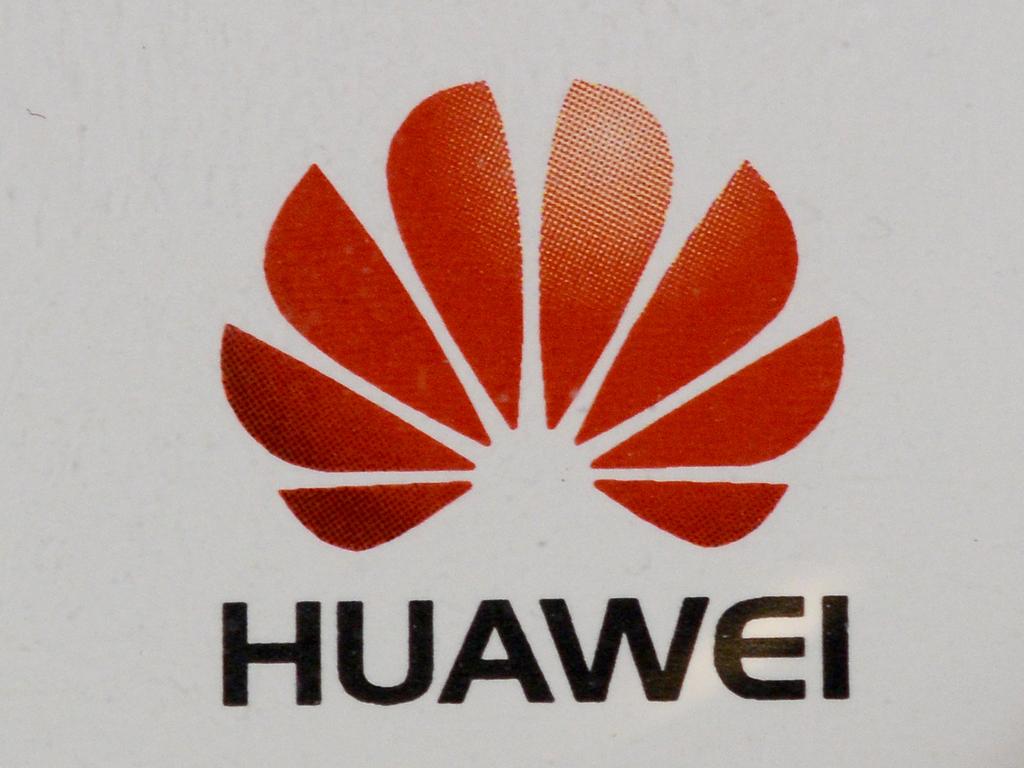

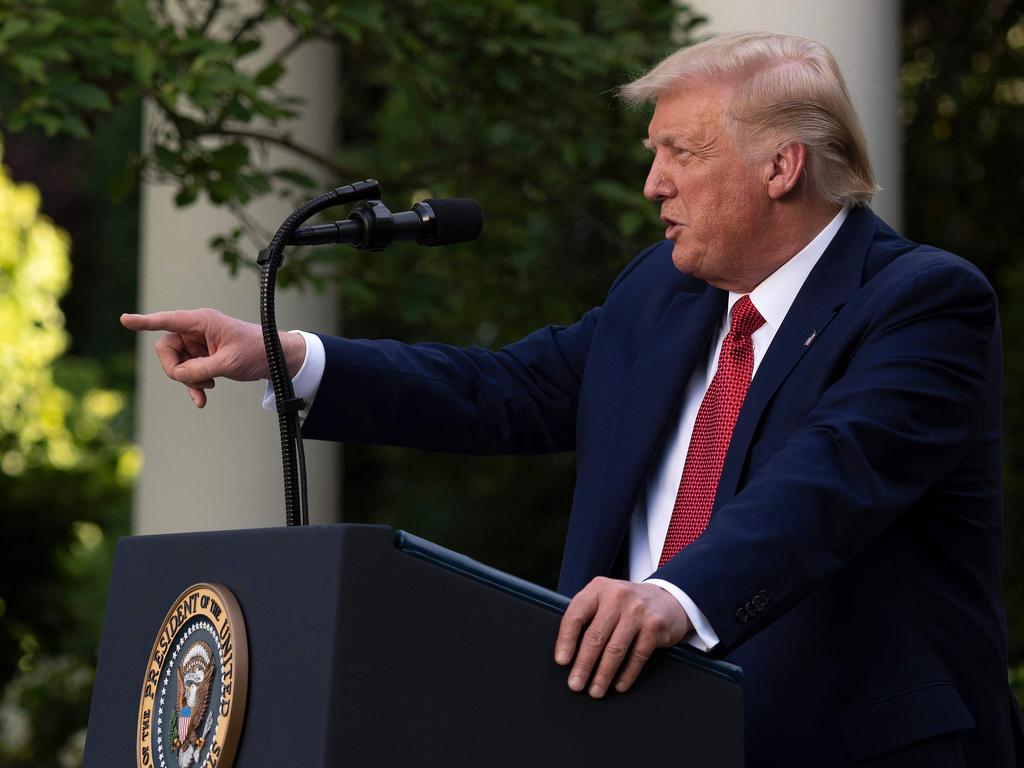



To join the conversation, please log in. Don't have an account? Register
Join the conversation, you are commenting as Logout